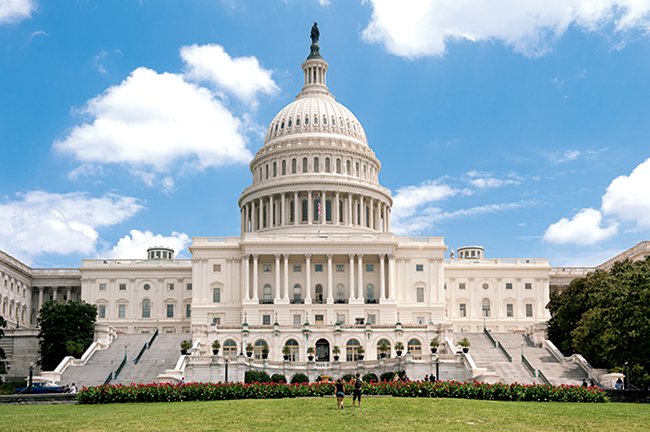Important Happenings in
HIV/Health Policy
Week Ending: March 2, 2018
By: Matthew Rose & Sable K. Nelson
White House Hosts Summit on Opioids
On Thursday, March 1st, the White House hosted a summit on opioids to highlight the progress the Administration has made to combat drug demand and the opioid crisis. Notable participants from the Trump Administration included:
- Seema Verma, Administrator of the Centers for Medicare and Medicaid Services
- Jerome Adams, Surgeon General
- Elinore McCance-Katz, Assistant Secretary for Mental Health and Substance Use
- Francis Collins, Director of the National Institutes of Health
- Scott Gottlieb, Commissioner of Food and Drugs
- Gary Barksdale, Deputy Chief Postal Inspector
- Megan Brennan, Postmaster General
- Rob Patterson, Acting Administrator of the Drug Enforcement Administration
- Jesse Panuccio, Principal Deputy Associate Attorney General
- Stephen C. Redd, MD Acting Principal Deputy Director of the Centers for Disease Control
- Debra Houry, Director of the National Center for Injury Prevention and Control at the Centers for Disease Control
- Thomas Homan, Senior Official Performing Duties of the Director of U.S. Immigration and Customs Enforcement
- Peter Edge, Acting Deputy Director of U.S. Immigration and Customs Enforcement
External participants included approximately 200 individuals impacted by the opioid crisis, and non-profit organizations who focus on addiction and recovery. For more information, READ → https://www.nationalreview.com/blog/the-morning-jolt/ten-observations-from-the-white-house-opioid-summit/
CARA 2.0 Legislation on the Horizon:
The Comprehensive Addiction and Recovery Act (CARA) 2.0 would authorize $1 billion per year in opioid funding, a substantial funding boost over the original legislation. The bipartisan opioid legislation introduced by eight Senators on Tuesday would allocate $300 million to expand access to medication to treat addiction and $200 million to build national infrastructure for recovery support services. It would also allocate $300 million toward first responder training and access for naloxone, a highly effective opioid overdose medication. Congress approved $6 billion in funding for combatting the opioid epidemic during the February spending bill, which CARA 2.0 would draw from. It’s still unclear how that money will be distributed, as a number of appropriations committees spanning health and law enforcement activities are looking to incorporate the funds. For more information, READ → http://www.nola.com/health/index.ssf/2018/02/sen_bill_cassidy_introduces_bi.html
What NMAC is Doing About It
- NMAC remains vigilant in its advocacy to protect FY18 & FY19 government funding. We will continue meeting with congressional leaders around the importance of HIV funding.
What You Can Do
TAKE ACTION: The President’s budget has cut or eliminated many important HIV/AIDS programs, it’s going to be a fight and our movement cannot afford to stand on the sidelines. If we don’t support and advocate for HIV funding and programs, who will? Funding decisions for FY18 will occur in the next few weeks, so your U.S. Senators and U.S. Representatives need to hear from you.
- Find your U.S. Senators: https://www.senate.gov/general/contact_information/senators_cfm.cfm
- Find your U.S. Representative: https://www.house.gov/representatives/find-your-representative